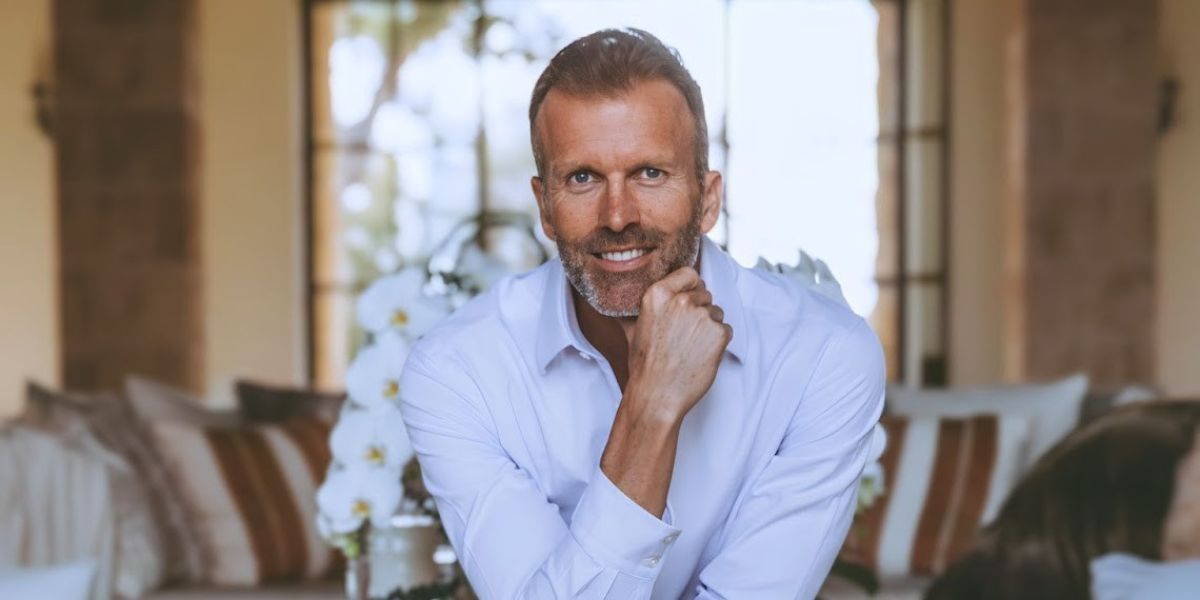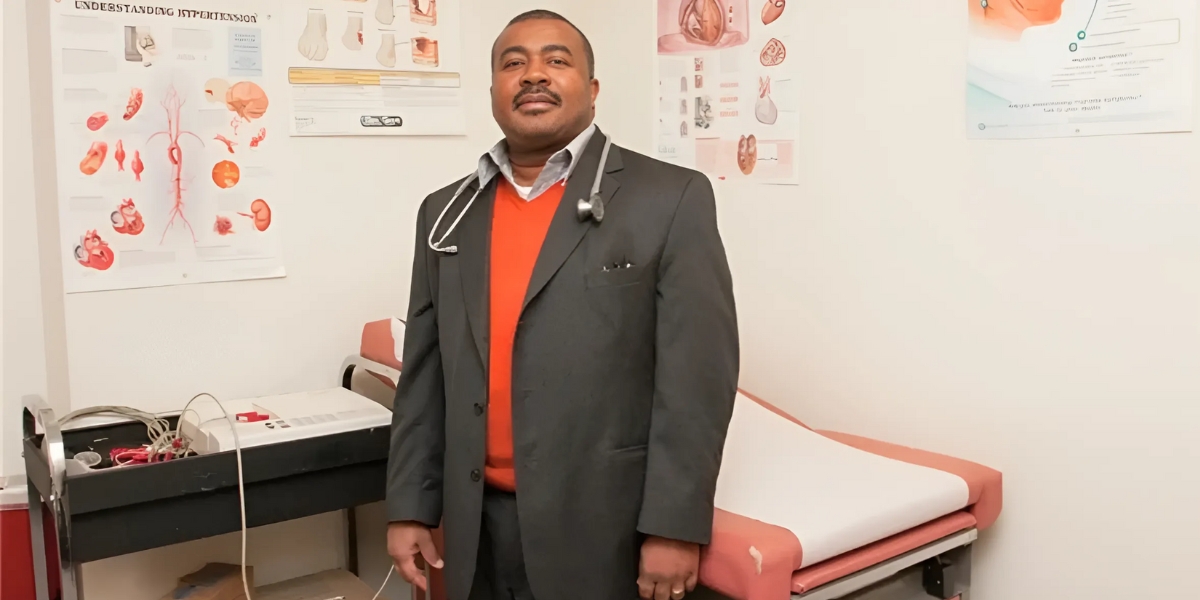“What do you want to be when you grow up?” is a popular question asked of children, students, and even adults today. But shouldn’t the real question be, “How can you be what you want to be when you grow up?”
Eric Koester is a serial entrepreneur, investor, and professor at Georgetown University. In his new book, Super Mentors: The Ordinary Person’s Guide to Asking Extraordinary People for Help, he offers a surprising answer to the question of how we can become who we want to be: Mentors.
“Mentors are a superpower today,” Koester shares. “These are the people who can open a door for you, provide an introduction, or move your resume to the top of the pile. And yet, only a third of people have one, and most people have mediocre mentors at best. We have to aim much higher.”
Super Mentors offers a compelling new look at mentoring, built on Koester’s extensive research into today’s most successful people. The book posits that successful, ambitious people “aim higher, ask smaller, and do it again and again” when it comes to mentoring. The book takes readers through fun, fast-paced stories of some of the most successful people including Richard Branson, Oprah Winfrey, and Steve Jobs, as well as many emerging successes in the early stages of their careers.
One thing that is common throughout the book: successful people need help to achieve their goals and mentors are often your unfair advantage.
“The process successful people are using is wildly different from what people expect,” says Koester. “You don’t want this one mentor figure. You’re probably going to ‘kiss a lot of frogs’ to find your prince or princess or Super Mentor. So, rather than obsessing over finding the right mentor, you need a project that can attract a wide range of people to collaborate with you. It’s that process of collaboration with interesting, successful, and helpful people that leads to those opportunities that transform your life.”
Rahul Rana was one of those individuals that Koester has helped to learn how to be what he wanted to be when he grew up. Koester details his first interaction with Rana, sharing that the sophomore at Rutgers desperately wanted to work in venture capital but kept being told he didn’t have the right pedigree and instead should “find a mentor.”
“Professor Koester told me I didn’t want a mentor,” Rana says. “He said I needed a project, something I could use to connect with lots of people in venture capital, startups, and technology. His advice was that if I were more targeted in whom I engaged with, and expanded the number of people, one of them would create a big opportunity for me. And boy was he right.”
Less than a year after meeting Rana, Koester’s words proved prescient as Rana was hired as an associate by Josh Wolfe at Lux Capital, one of the leading venture capital firms with billions under management. Soon Rana was named one of the top Gen Z venture capitalists by Business Insider.
How would Rana suddenly attract the likes of Josh Wolfe?
“No resume, no interview, no application,” Rahul said. “I interviewed him for my book, sent him that chapter, I thanked him for his contribution, and he hired me on the spot for an internship.”
Koester shares that too many of us don’t connect the goals we have for ourselves with the people who can help us achieve them. Rana found numerous additional opportunities beyond Lux Capital too, all because he created a way to engage with them through a project — his book.
“Only a third of people have a mentor,” Koester says. “That’s often because we had the wrong mentor or have only met mentors who solely offer advice. The right mentors are transformative, leading to crazy places and outcomes, but we’ve got to stop looking for mentors and start attracting them through collaborative projects and activities.”
Koester’s courses at Georgetown have become some of the most popular on campus, being named The Most Innovative Course of 2018 by USASBE. It is this philosophy of focusing on projects for his students that require collaboration that leads to new opportunities for them. His students have created podcasts, video series, events and conferences, article series, and books like Rahul did. In each case, it’s about matching the project with the goals the student has set for themselves “when they grow up.”
“Rahul knew he wanted to get into venture capital,” Koester said. “Once we knew that, it was just about helping point his ambition to a project he could use to attract the kinds of people who would help him break into the industry. Rahul quickly found out that he didn’t want or need a single mentor. He needed a network of casual mentors who could help him. And that’s what we found from studying nearly 5,000 successful twenty-somethings. Like Rahul, they all knew what they wanted and we saw that over 80% of them had a project that allowed them to collaborate with the people they needed to succeed.”
What does this mean for the future of company and university mentorship programs?
“Mentees make the mentors, not the other way around,” Koester continued. “It’s empowering to know that you don’t need to be at the best school or have the best grades or have the most experience. With a picture of where you want to go, a project that lets you explore that world or opportunity, and an effort to involve the right people in the project with you, anyone can get what they want. I think the future is bright for mentorship as we teach people how to leverage it and not just rely on being matched with someone who can guide us. We have the power.”
Super Mentors is an exhilarating and empowering read, something that will appeal to you no matter your stage in life or career. The book helps ambitious people connect their goals to a clear, practical, and well-designed roadmap to achieve them — to aim higher. If you care about your success, you have to read Super Mentors.








